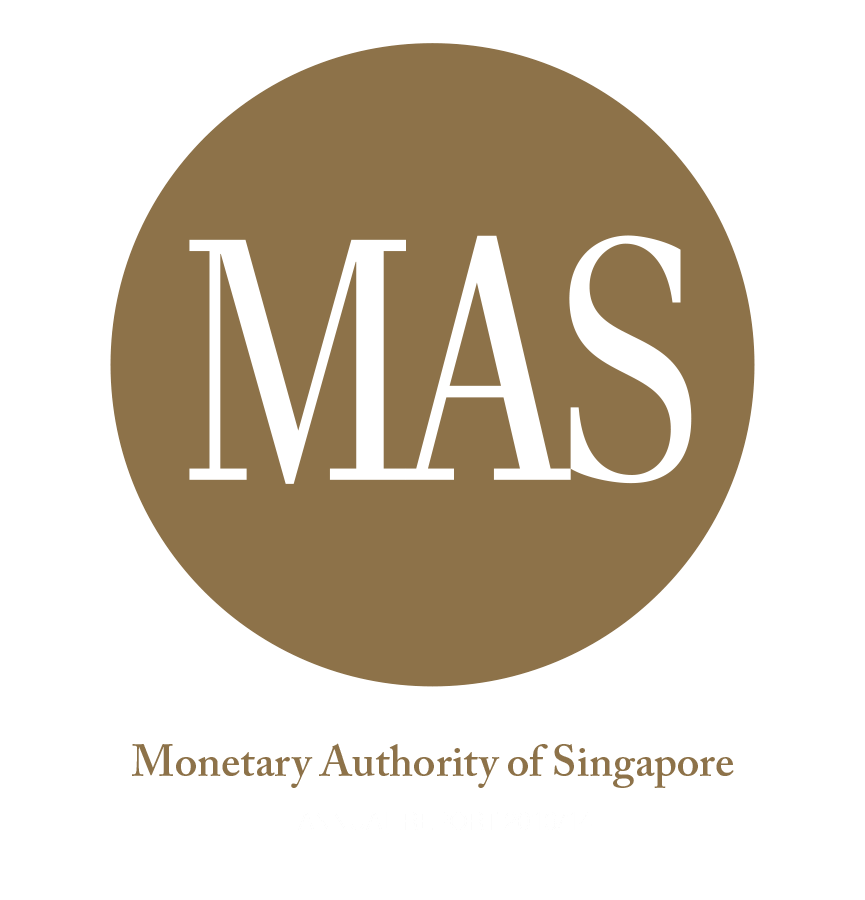The Monetary Authority of Singapore (MAS) fails to issue licenses to more than 100 digital payment token services in Singapore due to what appears to be strict regulation.

More Digital payment token services in Singapore fails to obtain licenses from MAS
More than 100 of Singapore’s 170 “digital payment token businesses” are said to have failed to secure licenses from the country’s financial regulator, the Monetary Authority of Singapore (MAS).
According to The Nikkei, a Japanese financial journal, 103 companies involved in the digital payment industry in Singapore had their regulatory exemptions removed due to what appears to be strict regulation.
According to Sanjay Jain, CEO of Dubai-based crypto exchange Bitxmi, their Singaporean office has been denied a license by the MAS.
“We are unable to operate in Singapore,” the company says. Jain made a point. “We have an office there, but it’s more or less empty-our accounting and legal matters are handled by one person.”
According to the MAS, the Bitxmi exchange is on the official list of businesses that are “no longer exempt pursuant to the Payment Services Regulations.” The list, which was published on Wednesday, includes local offices of significant industry players such as BitGo Singapore, Revolut Technology Singapore, and South Korean blockchain business Klaytn, among others.
Bitstamp Limited, Coinbase Singapore, Gemini Trust, and others are among the companies that have been given an exemption from the Payment Services Act’s licensing requirements.
MAS encourages the usage of crypto while acknowledging the risks
According to reports, the MAS aims to encourage crypto and blockchain usage while simultaneously acknowledging the risks.
Because of the speed and cross-border nature of cryptocurrency transactions, one MAS representative reportedly stated: “Cryptocurrencies could be abused for money laundering, terrorism financing, or proliferation financing.” one MAS representative reportedly stated, adding:
“Digital payment token service providers in Singapore have to comply with requirements to mitigate such risks, including the need to carry out proper customer due diligence, conduct regular account reviews, and monitor and report suspicious transactions.”
The announcement comes as some of the world’s largest bitcoin exchanges prepare to leave Singapore.
Binance.sg, the local branch of the world’s largest crypto exchange Binance, halted new user onboarding on December 13 and announced plans to shut down operations completely by mid-February.
Huobi exchange previously announced plans to deactivate all Singapore-based users’ accounts by the end of March 2022 in order to re-enter Singapore through another local firm.
